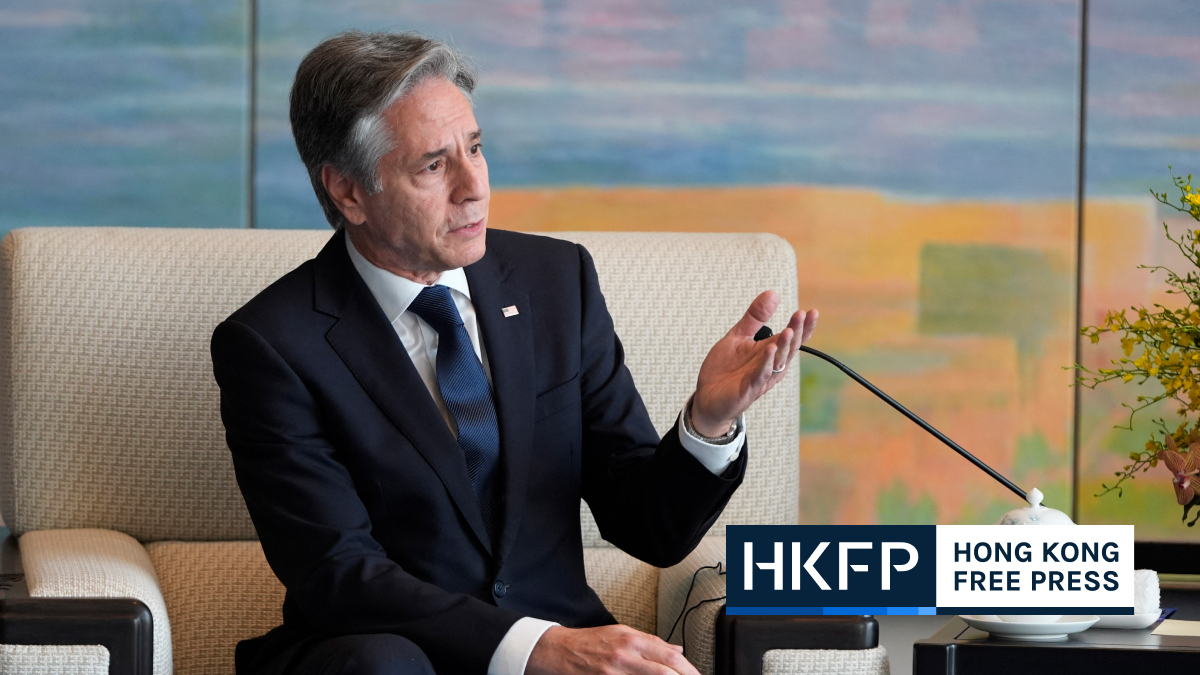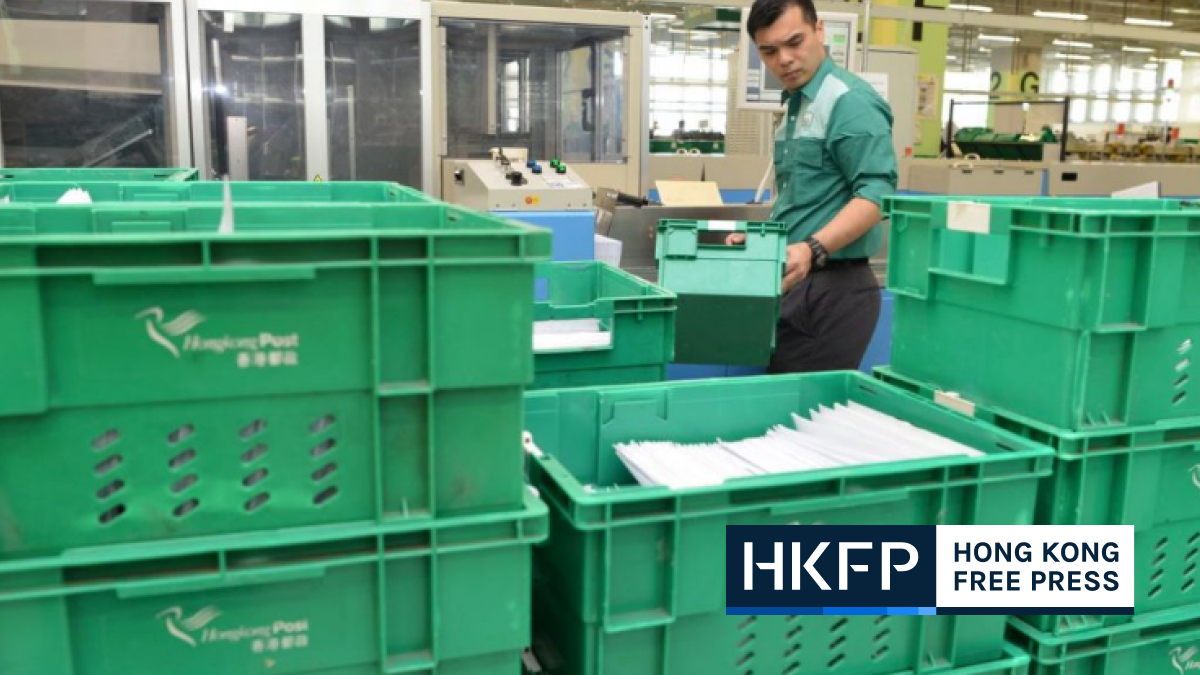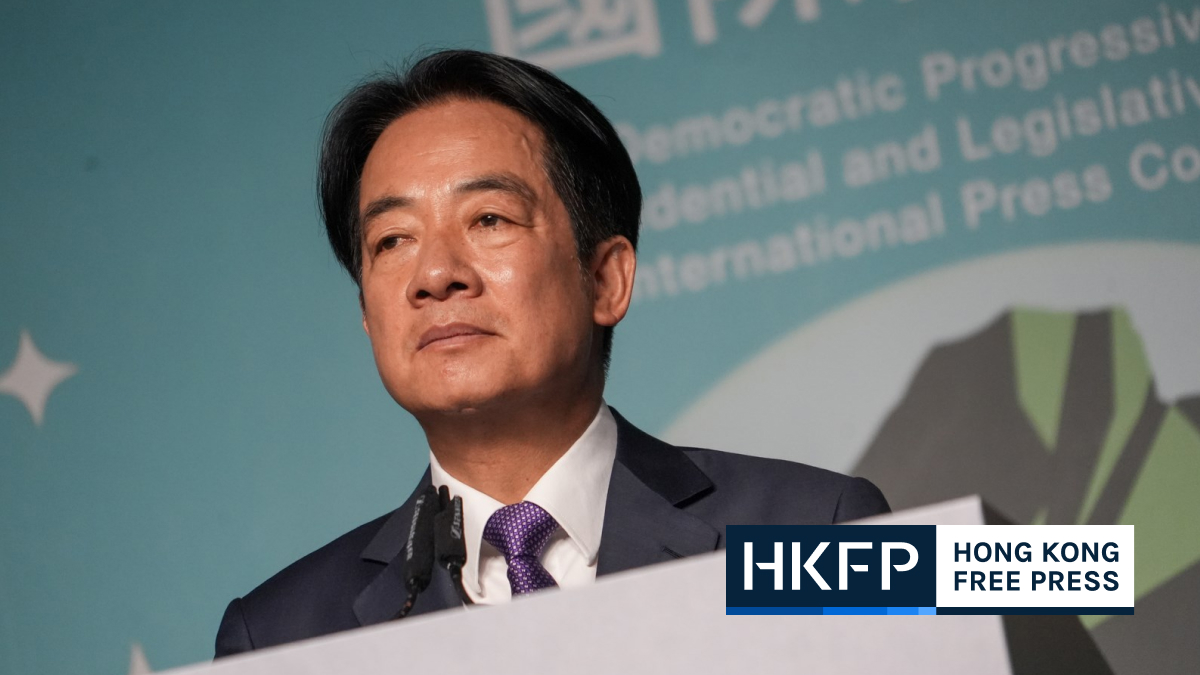Hong Kong will ban cannabidiol, or CBD, from February, adding the cannabis compound to a criminalised list of drugs including heroin and cocaine.
The government announced on Thursday that the legislative amendment would be brought to the Legislative Council next Wednesday.
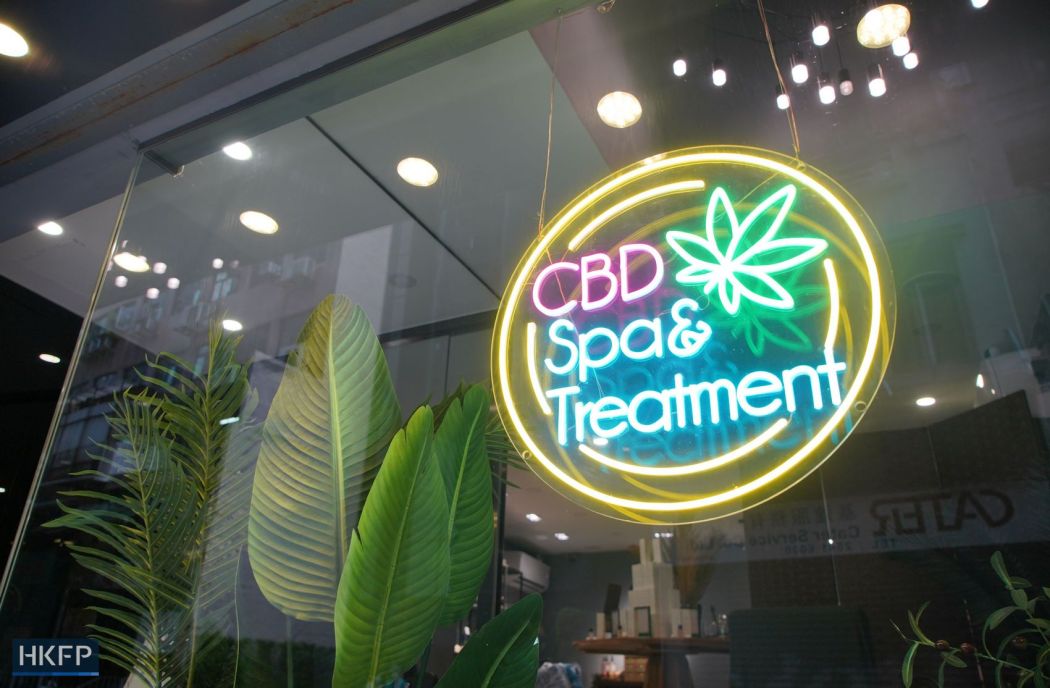
The ban – which will see the addition of CBD to the Dangerous Drugs Ordinance – will come into effect on February 1 next year. CBD will join over 200 substances listed in the ordinance, among them fentanyl, cocaine, heroin, ketamine and methamphetamine.
While CBD is not psychoactive, authorities say it is inseparable from tetrahydrocannabinol, or THC, the compound responsible for the high produced by taking cannabis and which is illegal in Hong Kong. Supporters of CBD have argued that the small amount of THC found in CBD products would not be sufficient to produce its associated effects.
See also: Hong Kong’s zero-tolerance approach to drugs leaves budding CBD industry high and dry
The government has also said CBD can decompose and be converted into THC.
With its criminalisation, the trafficking and manufacturing of CBD will be subject to a maximum penalty of life imprisonment and a HK$5 million fine. Possession and consumption of CBD will be subject to up to seven years’ imprisonment and a HK$1 million fine.
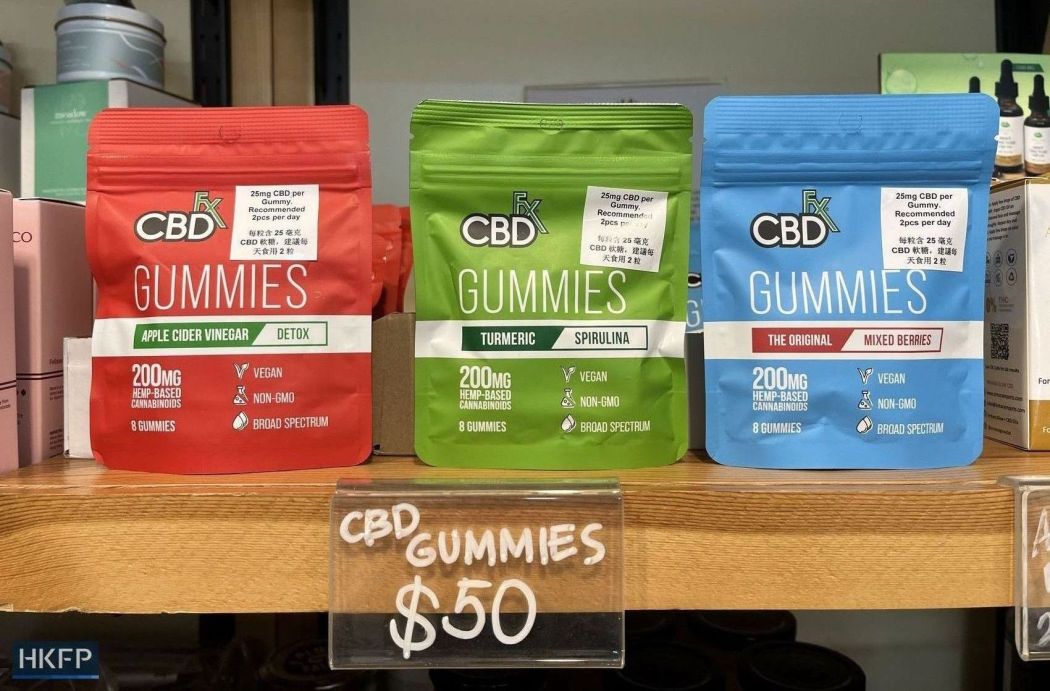
The Narcotics Division of the Security Bureau consulted representatives from the medical, social welfare and commercial sectors on the proposed ban in June, with a majority supportive of prohibition.
Separately, the government invited “industry stakeholders” to provide “written submissions.” Among those received were suggestions that CBD products be allowed for use by medical professionals, and doubts on the scientific research on which the case for controlling CBD is based, according to a government document.
CBD crackdown
CBD is one of over 100 compounds found in the cannabis plant. The literature on its effects has been mixed; some users and businesses boast its ability to alleviate everything from anxiety to sore muscles to eczema, while other attribute any benefits to a placebo effect.
In recent years, CBD products have gained popularity in Hong Kong, with themed cafes and bars offering CBD-infused food and drinks. Physical shops and online stores have also popped up selling CBD oils, gummy bears, moisturisers and other products.
Dozens of businesses now face closures under the ban.
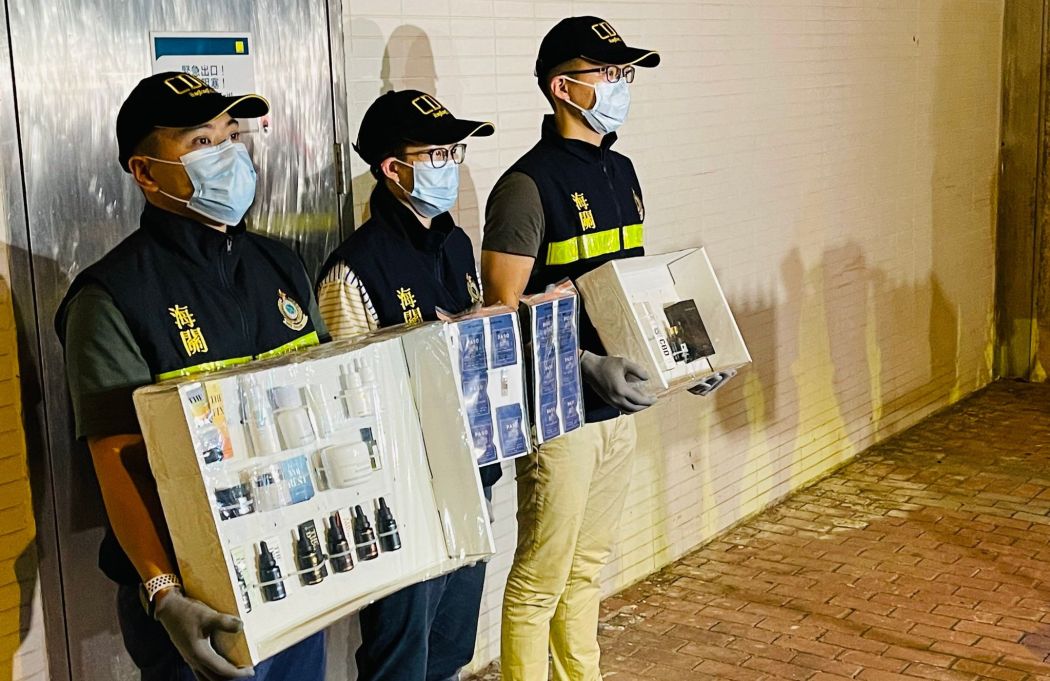
Hong Kong began cracking down on CBD sellers last November, with over 30,000 CBD products suspected of containing THC seized, the Security Bureau told HKFP in July.
A total of 34 people have been arrested over suspected offences related to CBD products, including trafficking of dangerous drugs and possession of dangerous drugs, according to statics from July. No charges have been laid against them, with all released on bail pending further investigations.
Authorities said on Thursday that disposal boxes would be placed at selected government premises to “facilitate the disposal of CBD products” from next week.
Support HKFP | Policies & Ethics | Error/typo? | Contact Us | Newsletter | Transparency & Annual Report | Apps
Help safeguard press freedom & keep HKFP free for all readers by supporting our team

LATEST FROM HKFP
HKFP has an impartial stance, transparent funding, and balanced coverage guided by an Ethics Code and Corrections Policy.
Support press freedom & help us surpass 1,000 monthly Patrons: 100% independent, governed by an ethics code & not-for-profit.





